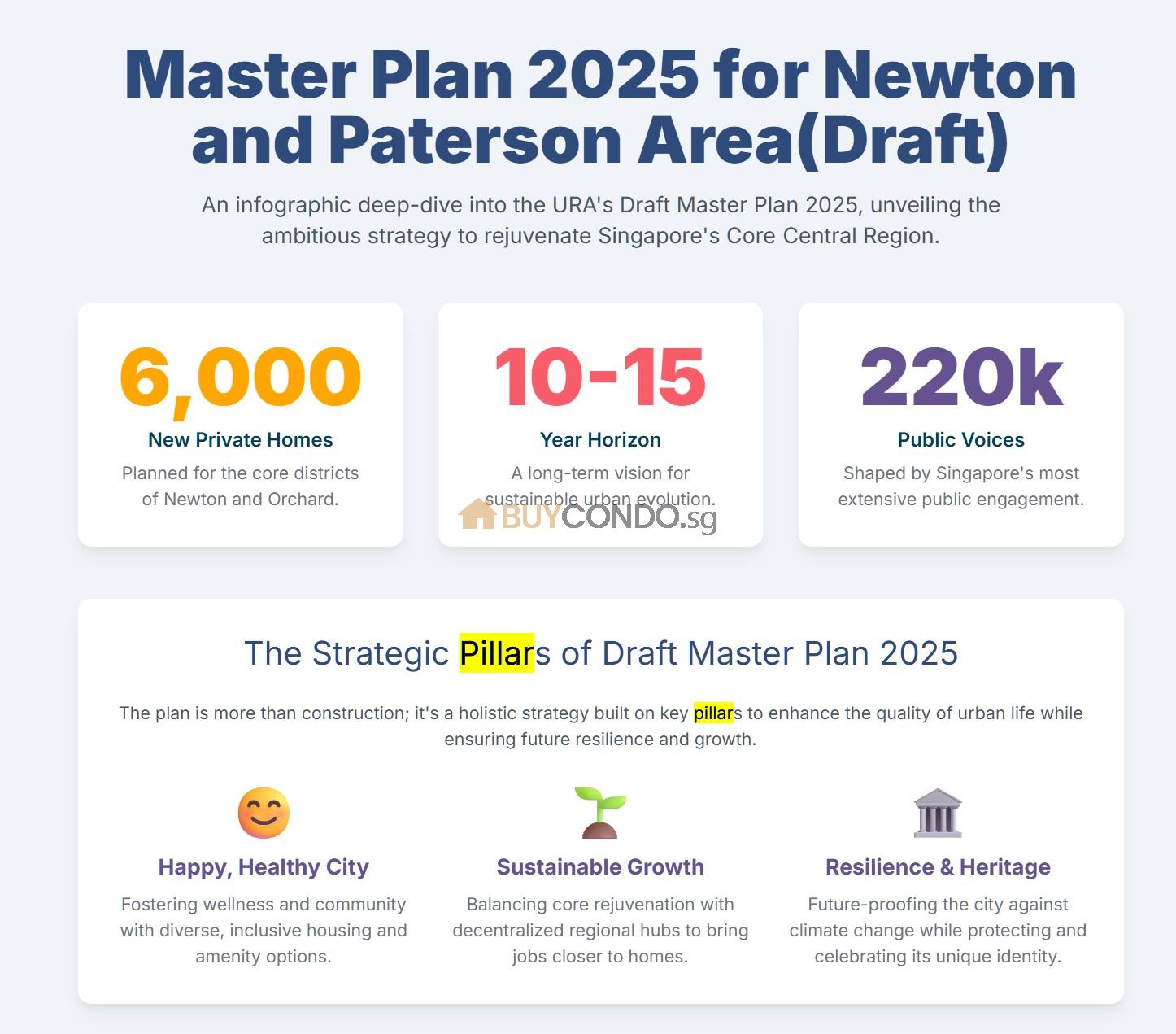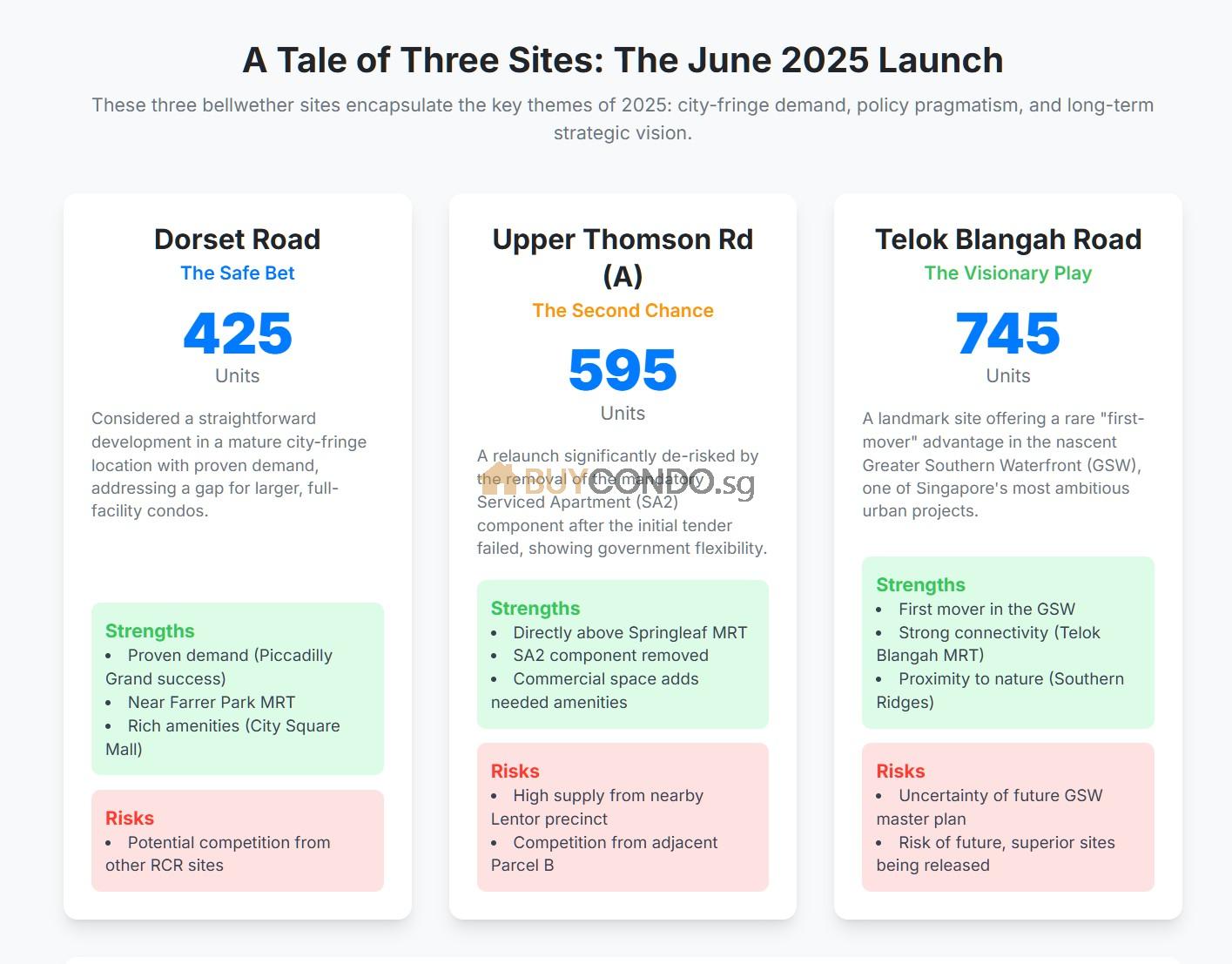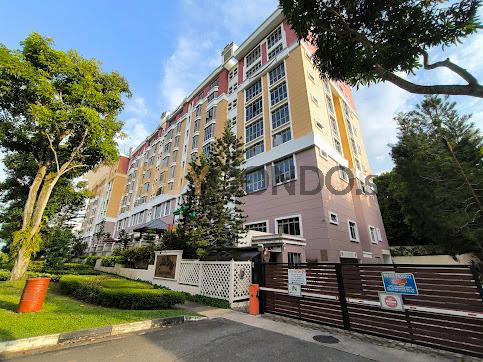What’s It Like as a Real Estate Agent in Singapore?
As a real estate agent in Singapore, my career is filled with excitement, challenges, and opportunities. Being a property agent in Singapore offers a unique perspective on the fast-paced real estate industry. It’s a profession that requires a deep understanding of the market, exceptional interpersonal skills, and a commitment to delivering outstanding service to clients.

Life as a real estate agent in Singapore is dynamic and ever-changing. From assisting clients in buying and selling properties to navigating complex negotiations, every day brings a new set of tasks and responsibilities. It’s a profession that demands adaptability, resourcefulness, and the ability to think on your feet.
However, the real estate agent career in Singapore is not without its challenges. It’s a highly competitive industry, and success is not guaranteed. Agents need to continuously upgrade their skills, stay updated on market trends, and build a solid network of clients and industry contacts. Working long hours, including evenings and weekends, is the norm for many real estate agents.
But despite the challenges, being a real estate agent in Singapore can be incredibly rewarding. The sense of accomplishment that comes from helping clients find their dream homes or securing lucrative deals is unparalleled. Plus, the potential for high earnings and the flexibility of being your own boss make this career path enticing to many aspiring agents.
In this article, I will dive deeper into the realities of being a real estate agent in Singapore. I will explore the dichotomy of success in the industry, the independent journey of Singaporean agents, and the financial ebbs and flows that come with the profession. I will also discuss the importance of perseverance, the impact of the digital age, and the salary spectrum for real estate agents in Singapore.
Whether you’re considering a career in real estate or simply curious about the life of a property agent in Singapore, this article will provide valuable insights and a glimpse into the fascinating world of real estate.
Key Takeaways:
- A career as a real estate agent in Singapore offers excitement, challenges, and opportunities.
- It requires deep market knowledge, exceptional interpersonal skills, and a commitment to outstanding service.
- Success as a real estate agent is not guaranteed; it requires continuous skill upgrading and building a solid network.
- The profession offers rewarding experiences, potential for high earnings, and the flexibility to be your own boss.
- Throughout this article, we will explore the realities and intricacies of the real estate agent career in Singapore.

The Dichotomy of Success in Real Estate
In the real estate industry, success is a word that holds both allure and ambiguity. From the outside, it may seem like achieving success as a real estate agent is synonymous with lavish lifestyles, big commissions, and a constant flow of clients. However, the reality is far more complex and nuanced.
When it comes to success in real estate, there are various factors at play. It goes beyond closing deals and making money. It encompasses a combination of skills, knowledge, perseverance, and adaptability. The journey to success as an agent is filled with challenges, setbacks, and moments of triumph.
One of the key factors contributing to success in real estate is the ability to build and maintain strong relationships. Establishing trust with clients, networking with industry professionals, and fostering connections within the community are crucial elements of a successful agent’s arsenal.
Another essential aspect of achieving success as an agent is having a deep understanding of the local real estate market. Being knowledgeable about market trends, property values, and neighborhood dynamics allows agents to provide accurate information and valuable insights to their clients.
However, it’s important to acknowledge the challenges that agents face on their journey to success. The real estate industry is highly competitive, and agents must constantly adapt to evolving market conditions, technological advancements, and changing consumer preferences.
Additionally, real estate agents often work on a commission basis, which means their income can fluctuate significantly. The inconsistency in earnings can pose financial challenges and requires agents to budget and plan accordingly.
In order to achieve long-term success in real estate, agents must be willing to continuously learn, improve their skills, and stay updated with industry trends. It’s a profession that demands unwavering commitment, perseverance, and a growth mindset.
So, while success in real estate may come with its own set of challenges, the rewards are equally significant. As agents build their reputation, expand their network, and consistently deliver value to clients, their success becomes a measure of their hard work and dedication.
The Independent Journey of a Singaporean Agent
As a real estate agent working in Singapore, embracing entrepreneurship is a crucial aspect of my independent journey. Being an independent real estate agent allows me to have full control over my career and business decisions. It gives me the freedom to explore innovative strategies, build my own brand, and shape my destiny in the industry.
Embracing Entrepreneurship
Becoming a solo real estate agent in Singapore means stepping into the shoes of an entrepreneur. It requires a proactive mindset and a willingness to take risks. By embracing entrepreneurship, I have the opportunity to think outside the box, create unique marketing campaigns, and develop innovative solutions tailored to my clients’ needs. This entrepreneurial spirit sets me apart in a highly competitive market and enables me to make a lasting impact in the real estate industry.
Working as a solo real estate agent comes with its own set of challenges. Without the support of a team, I am solely responsible for every aspect of my business, from prospecting clients to closing deals. Navigating a solo path requires exceptional time management skills, self-motivation, and the ability to handle multiple responsibilities simultaneously. However, the sense of autonomy and personal achievement that comes from successfully managing each step of the real estate process is incredibly rewarding.
The Reality Behind Being Your Own Boss
Being your own boss as a Singaporean property agent is both fulfilling and demanding. While I have the freedom to set my own schedule and choose the clients I want to work with, it also means that I am solely accountable for my success. The real estate industry is highly competitive, and there are times when market conditions and client demands can be challenging to navigate. However, being your own boss allows for personal growth, the opportunity to build valuable relationships, and the potential for substantial financial rewards.

Shattering the 9 to 5 Myth
Working as a real estate agent does not conform to the traditional 9 to 5 schedule that many people are accustomed to. The flexibility of work hours is one of the appealing aspects of this career. As a real estate agent, you have the freedom to create your own schedule and determine when and where you work.
This flexibility can be a double-edged sword, though. While it allows agents to have control over their time, it also brings challenges in maintaining a work-life balance. The demands of the job often require agents to go beyond the confines of traditional office hours.
Real estate agents need to be available to clients during their preferred times, which may be outside of the usual 9 to 5 timeframe. This can include evenings, weekends, and even holidays. Meeting the needs of clients sometimes means sacrificing personal time and adjusting schedules accordingly.
To excel in this career and maintain a healthy work-life balance, time management and effective communication skills are essential. Agents must prioritize tasks, set boundaries, and find ways to stay organized amidst the demands of a flexible schedule.
“The real estate industry offers the freedom to create your own schedule, but it also demands adaptability and the ability to juggle multiple responsibilities. Finding the right balance is key to success in this profession.”
It’s important for real estate agents to remember that while the schedule may not follow the traditional 9 to 5, the rewards can be substantial. The ability to have flexibility in work hours allows for a greater work-life integration, where personal and professional commitments can coexist harmoniously.
In the next section, we will explore the financial aspects of being a real estate agent and the reality of inconsistent income.
In the real estate industry, managing finances can be a complex endeavor. As a real estate agent in Singapore, it’s essential to understand the reality of inconsistent income and develop strategies for coping with the cash flow challenges posed by sales cycles.
Understanding the Reality of Inconsistent Income
Unlike traditional salaried positions, income as a real estate agent can fluctuate significantly. While some months may bring in lucrative commissions, others may be leaner, leading to financial uncertainty. It is crucial to be prepared for these financial ebbs and flows to ensure a stable and sustainable income.
To navigate inconsistent income, it is essential to:
- Develop a comprehensive understanding of the real estate market and its cycles. This knowledge will help you anticipate periods of high and low sales activity, allowing you to plan and budget accordingly.
- Build a strong network of clients and maintain regular communication with them. By fostering long-term relationships and providing exceptional service, you can increase the likelihood of repeat business and referrals, helping to mitigate the impact of income fluctuations.
- Create a financial safety net by setting aside a portion of your earnings during prosperous months. This reserve can provide a cushion during leaner periods, helping you manage expenses and maintain financial stability.

Coping with the Cash Flow Challenges of Sales Cycles
In addition to inconsistent income, real estate agents also face the cash flow challenges associated with sales cycles. These challenges arise from the time gap between closing a deal and receiving commission payments.
To effectively manage cash flow in real estate, consider the following tips:
- Plan your expenses and budget accordingly. Understanding your monthly obligations will help you allocate your resources wisely and ensure that you can cover essential expenses while waiting for commission payments.
- Consider working with a financial advisor who specializes in real estate to help you develop a personalized financial plan. They can provide guidance on managing cash flow and offer strategies to optimize your financial position.
- Explore alternative income streams to supplement your real estate commissions, especially during slower periods. This could include offering consulting services, conducting training sessions, or investing in rental properties to generate additional revenue.
By implementing these strategies and maintaining a proactive approach to financial management, you can navigate the financial ebbs and flows of the real estate industry, ensuring a more stable and prosperous career.
Persevering Through the Unpredictability of Rewards
In the ever-changing world of real estate, perseverance is a crucial quality for agents to possess. The path to success in this industry is often unpredictable, with ups and downs that can test even the most motivated individuals. However, those who are able to stay motivated and committed are rewarded with long-term benefits that make the journey worthwhile.
Staying motivated in real estate can be challenging, especially when faced with multiple hurdles and setbacks. The ability to maintain a positive mindset and keep pushing forward is essential. It is important to remember that every rejection or obstacle is an opportunity to grow and learn. Embracing perseverance means embracing the challenges that come with the profession and finding ways to overcome them.
One of the long-term rewards of a career in real estate is the potential for financial stability and success. While the income may be inconsistent in the short term, agents who persevere often find themselves reaping the benefits in the long run. By building a strong client base, establishing a solid reputation, and continuously honing their skills, real estate agents can create a sustainable and thriving business.
Another important aspect of perseverance in real estate is the ability to adapt to changing market conditions. The real estate industry is influenced by various factors, such as economic fluctuations and shifts in housing trends. Successful agents understand that they need to stay updated on market trends, embrace new technologies, and constantly evolve their strategies to stay ahead of the competition.
In conclusion, perseverance is a key characteristic for real estate agents who want to thrive in this industry. Despite the unpredictable nature of rewards, staying motivated and committed can lead to long-term success and fulfillment. By embracing challenges, maintaining a positive mindset, and adapting to changes, real estate agents can persevere through the ups and downs and unlock the full potential of their careers.
Breaking into the Digital Age of Real Estate
In today’s rapidly evolving real estate landscape, the digital age has brought about significant changes and opportunities. As a real estate agent, adapting to technological advancements is crucial for staying competitive and thriving in this digitally transformed industry.
Adapting to Technological Advancements
The digital transformation in real estate has revolutionized the way properties are listed, marketed, and sold. With the rise of online platforms and digital marketing strategies, real estate agents need to embrace technology to effectively reach their target audience and stand out in the crowded marketplace.
From virtual tours and 3D renderings to social media advertising and online lead generation, technology provides agents with innovative tools to showcase properties and connect with potential buyers. Utilizing these advancements enables agents to streamline processes, enhance efficiency, and offer a more immersive and personalized experience to clients.
Learning New Skills in a Digitally Transformed Industry
As technology continues to reshape the real estate industry, acquiring new skills has become essential for real estate agents. Alongside traditional sales and negotiation skills, agents now need to develop expertise in digital marketing, data analysis, and online communication platforms.
Mastering search engine optimization (SEO) techniques, leveraging social media platforms, and understanding online advertising strategies can significantly expand an agent’s reach and attract a wider pool of potential buyers. Additionally, being proficient in digital tools and software allows agents to efficiently manage client databases, track market trends, and provide data-driven insights.
Continuous learning and professional development are key in keeping up with the ever-changing digital landscape. Real estate agents should actively seek opportunities to enhance their digital literacy and stay abreast of emerging technologies that can enhance their productivity and effectiveness.
| Benefits of Technology in Real Estate | Skills Required for Digital Transformation |
|---|---|
| – Enhanced property marketing and exposure | – Digital marketing strategies |
| – Efficient client communication and management | – Search engine optimization (SEO) |
| – Streamlined processes and automation | – Social media advertising |
| – Data-driven insights and market analysis | – Online lead generation |
The integration of technology into the real estate industry has forever changed the way agents operate. By adapting to technological advancements and acquiring the necessary skills, real estate agents can embrace the digital age and unlock new opportunities for growth and success.
Challenging Stereotypes and Facing Reality
As a real estate agent in Singapore, I have encountered numerous stereotypes and misconceptions surrounding our profession. In this section, I aim to debunk these myths and shed light on the reality of being a real estate agent.
One common stereotype is that real estate agents are only in it for the money and will do anything to make a sale. While it’s true that financial rewards can be enticing in this industry, the majority of agents genuinely care about helping clients find their dream homes or make sound investments. We strive to provide the best possible service and build long-term relationships based on trust and transparency.
“Real estate agents are often portrayed as pushy salespeople, but the reality is that we are problem solvers and advisors, guiding our clients through complex transactions with their best interests at heart.”
Another misconception is that real estate agents have an easy job with flexible working hours. While there is certainly flexibility in terms of managing our own schedules, being a successful agent requires hard work, dedication, and a willingness to go the extra mile for clients. Our days are filled with property viewings, negotiations, market research, and paperwork, which often extends beyond the traditional 9 to 5 workday.
Furthermore, some people believe that real estate agents simply sit back and collect hefty commissions with little effort. However, the reality is that we face intense competition, market fluctuations, and unpredictable economic conditions. We invest significant time and resources into marketing properties, networking, and continuous professional development to stay ahead in this ever-evolving industry.
In conclusion, being a real estate agent in Singapore is far from the stereotypes commonly associated with our profession. We are passionate professionals who work diligently to fulfill our clients’ needs and provide valuable guidance throughout their real estate journeys. It’s time to recognize the reality of being an agent and dispel the myths surrounding our profession.
The Salary Spectrum: Expectations vs. Reality
In this section, I will discuss the salary spectrum for real estate agents in Singapore. I will evaluate the average earnings of agents and highlight the factors that contribute to high earning potential as well as high overhead costs in the industry.
Evaluating Average Earnings of Real Estate Agents
When it comes to real estate agent salaries, there is a wide range of earnings across the profession. It’s important to understand that the average earnings of real estate agents can vary significantly based on various factors, such as location, experience, market conditions, and individual performance.
According to industry reports, the average annual income of real estate agents in Singapore ranges from SGD 50,000 to SGD 200,000. However, it’s crucial to note that these figures are general estimates and may not reflect the exact earnings of every agent.
High Earning Potential vs. High Overhead Costs
While the real estate industry offers the potential for high earnings, it’s essential to consider the overhead costs that agents have to bear. Real estate agents typically work on a commission-based system, meaning their income is directly tied to the transactions they close.
Agents are responsible for covering various expenses, such as marketing and advertising, transportation, office rent, and professional memberships. These overhead costs can significantly impact an agent’s take-home earnings and should be carefully considered when evaluating the financial aspects of a career in real estate.
It’s important for aspiring real estate agents to set realistic expectations regarding their earning potential and to diligently manage their expenses. By balancing high earning opportunities with careful cost management, agents can navigate the salary spectrum and find financial success in the industry.
| Factors Impacting Earnings | Average Earnings Range |
|---|---|
| Location | SGD 50,000 – SGD 300,000 |
| Experience | Earnings may increase with years of experience |
| Market conditions | High-demand markets may offer greater earning potential |
| Individual performance | Successful agents may earn as high as more than 1 million in a year |
Conclusion
In conclusion, working as a real estate agent in Singapore is a challenging yet rewarding career choice. As discussed throughout this article, agents face a dichotomy of success, navigating an independent journey, shattering the 9 to 5 myth, managing financial ebbs and flows, persevering through unpredictable rewards, adapting to the digital age, and challenging stereotypes.
Despite the misconceptions and realities, being a real estate agent in Singapore offers numerous opportunities for growth and fulfillment. While the road to success may be demanding, the sense of achievement and the potential for high earnings make it all worthwhile.
Aspiring agents should be prepared for the ups and downs of the industry, embracing entrepreneurship, developing new skills, and maintaining a resilient mindset to thrive in this ever-changing field. The key to longevity lies in perseverance, adaptability, and a commitment to continuous learning.
So, if you are passionate about real estate, ready to face the challenges head-on, and eager to make a difference in people’s lives, a career as a real estate agent in Singapore can be an immensely fulfilling and rewarding journey.
Connect with Gary at +6594507545 an invitation to join the BUYCONDO team today.
FAQ
What is it like to work as a real estate agent in Singapore?
Working as a real estate agent in Singapore is both challenging and rewarding. Agents face the day-to-day experiences of navigating the property market, assisting clients in buying or selling properties, and negotiating deals. It requires strong communication and negotiation skills, as well as a deep understanding of the local market.
What are the factors that contribute to success in the real estate industry?
Success in the real estate industry is influenced by various factors, including market knowledge, networking skills, a strong client base, and the ability to adapt to changing market conditions. Building a reputation for professionalism, integrity, and exceptional customer service is also crucial for long-term success as a real estate agent.
What are the advantages and challenges of being an independent real estate agent in Singapore?
Being an independent real estate agent in Singapore offers the freedom to work on your own terms and be your own boss. However, it also comes with challenges such as increased responsibility for marketing, lead generation, and administrative tasks. It requires self-motivation, discipline, and excellent time management skills to succeed as a solo agent.
Is the schedule of a real estate agent flexible?
Yes, real estate agents often have flexible work hours. They need to be available when clients are available, which may include evenings and weekends. However, this flexibility can also make maintaining a work-life balance challenging, as agents are often required to be on-call and respond to client needs outside of traditional office hours.
How do real estate agents manage the inconsistent income in the industry?
Real estate agents need to be prepared for inconsistent income as sales cycles can vary. It is essential to budget and manage cash flow effectively during slower periods. Some agents find ways to generate multiple streams of income, such as through rental properties or property management services, to mitigate the income fluctuations.
What role does perseverance play in the real estate industry?
Perseverance is essential in the real estate industry as success is not always immediate. Agents may face challenges and setbacks along the way, but staying motivated and committed to their goals can lead to long-term rewards. The ability to weather the ups and downs of the market and stay focused on providing excellent service to clients is crucial.
How has the digital age impacted the real estate industry?
The digital age has transformed the real estate industry in Singapore. Real estate agents need to adapt to technological advancements such as online listings, virtual tours, and digital marketing. Learning new skills, embracing digital tools, and staying updated with the latest trends is crucial for success in a digitally transformed industry.
What are some common misconceptions or stereotypes about real estate agents?
There are several misconceptions and stereotypes associated with real estate agents. Some believe that agents only work part-time or that the industry is easy to enter and succeed in without much effort. In reality, being a successful real estate agent requires hard work, dedication, and continuous professional development.
What is the salary spectrum for real estate agents in Singapore?
The salary spectrum for real estate agents in Singapore can vary. While some agents earn significant incomes, others may experience fluctuations in earnings due to market conditions and other factors. It is important to note that there are also overhead costs involved in running a real estate business, such as marketing expenses and licensing fees.
What is the summary of being a real estate agent in Singapore?
Being a real estate agent in Singapore offers both challenges and rewards. Agents need to have strong communication and negotiation skills, a deep understanding of the local market, and the ability to adapt to changing market conditions. Success is influenced by factors such as market knowledge, networking skills, and exceptional customer service. Perseverance, flexibility, and embracing technology are also crucial in this digitally transformed industry. Managing inconsistent income and maintaining a work-life balance can be challenging, but with dedication and the right strategies, real estate agents can thrive in Singapore’s property market.













